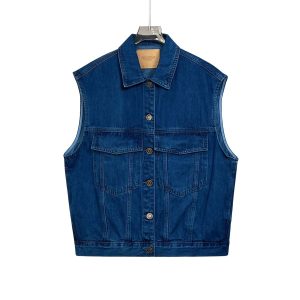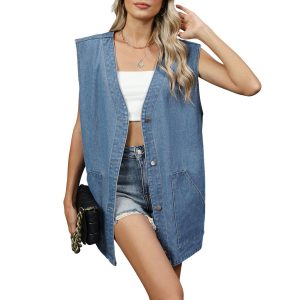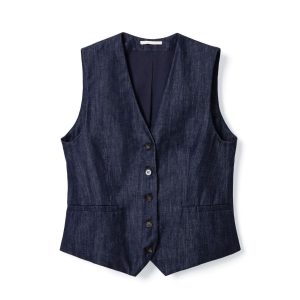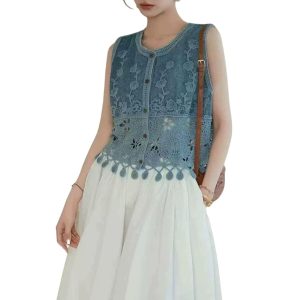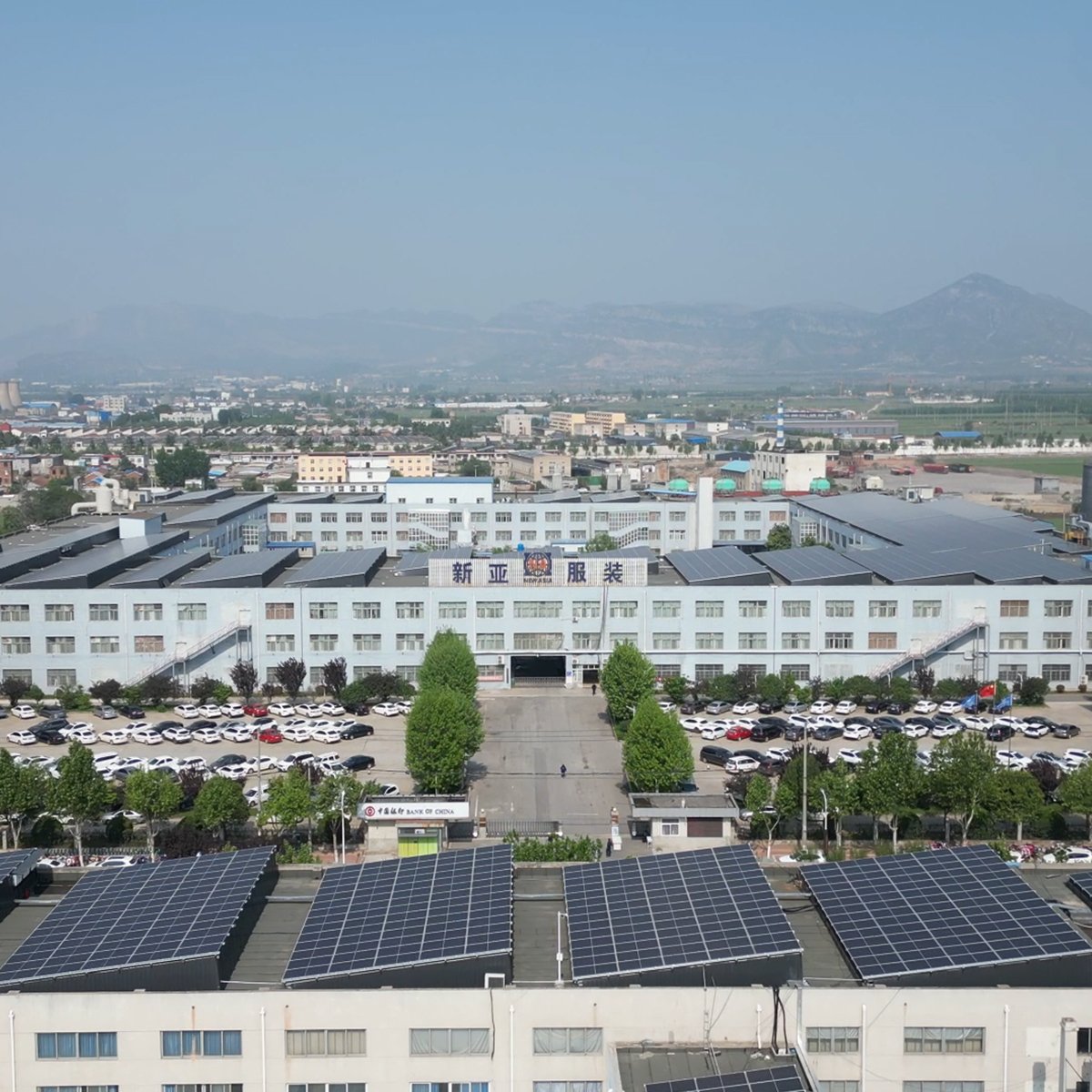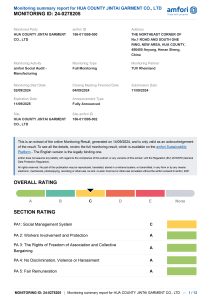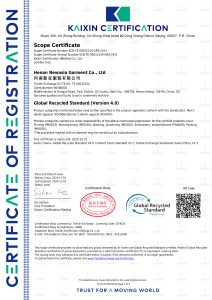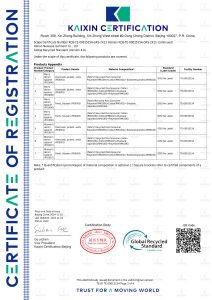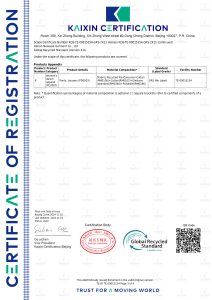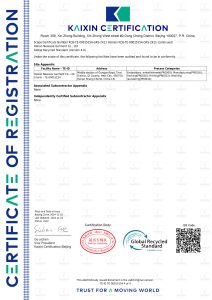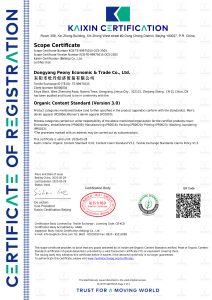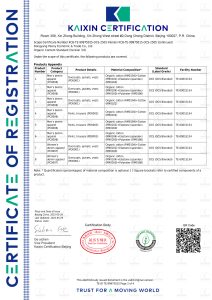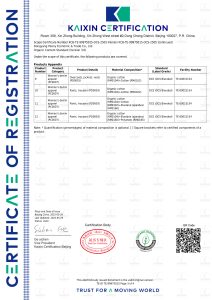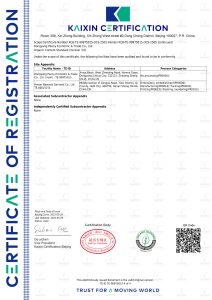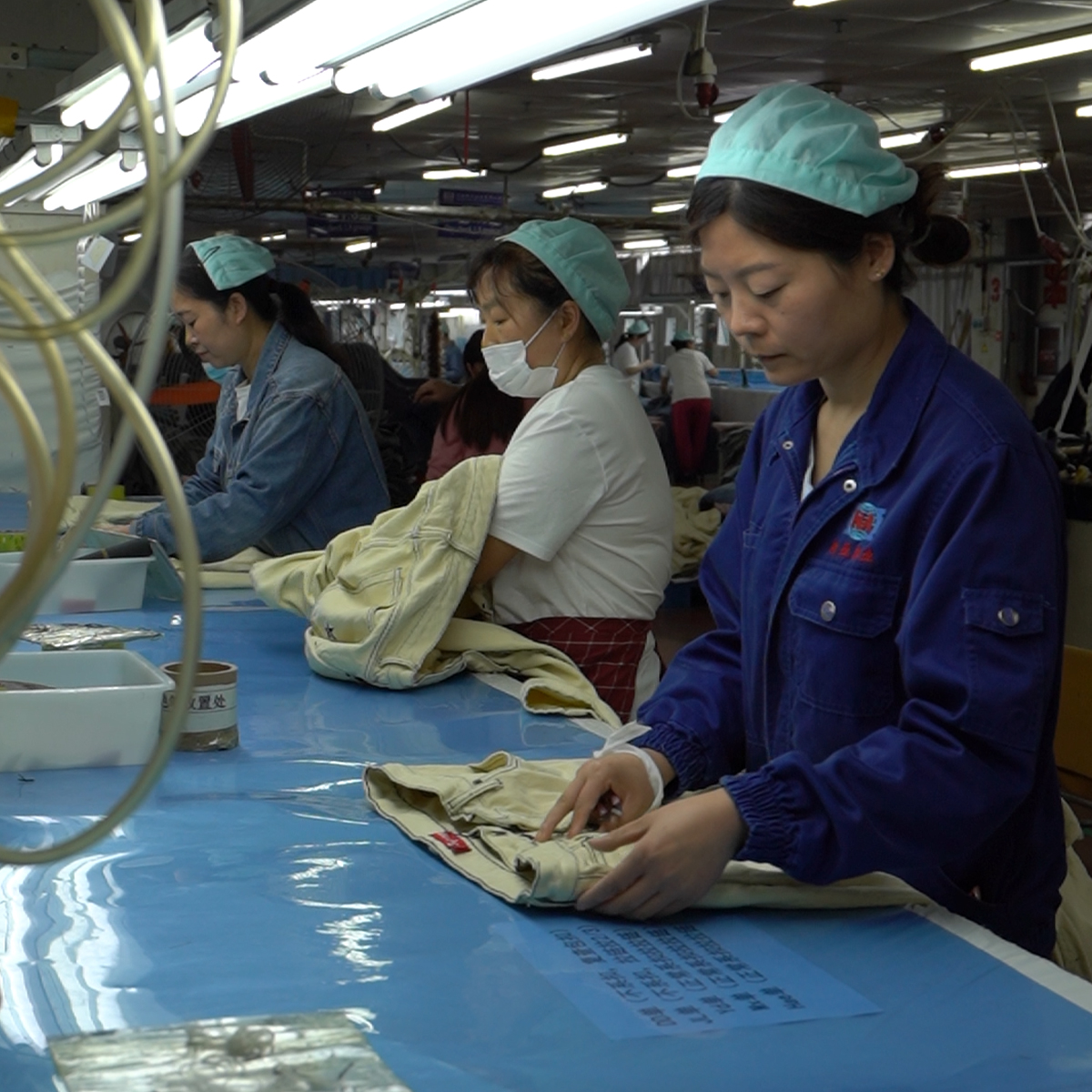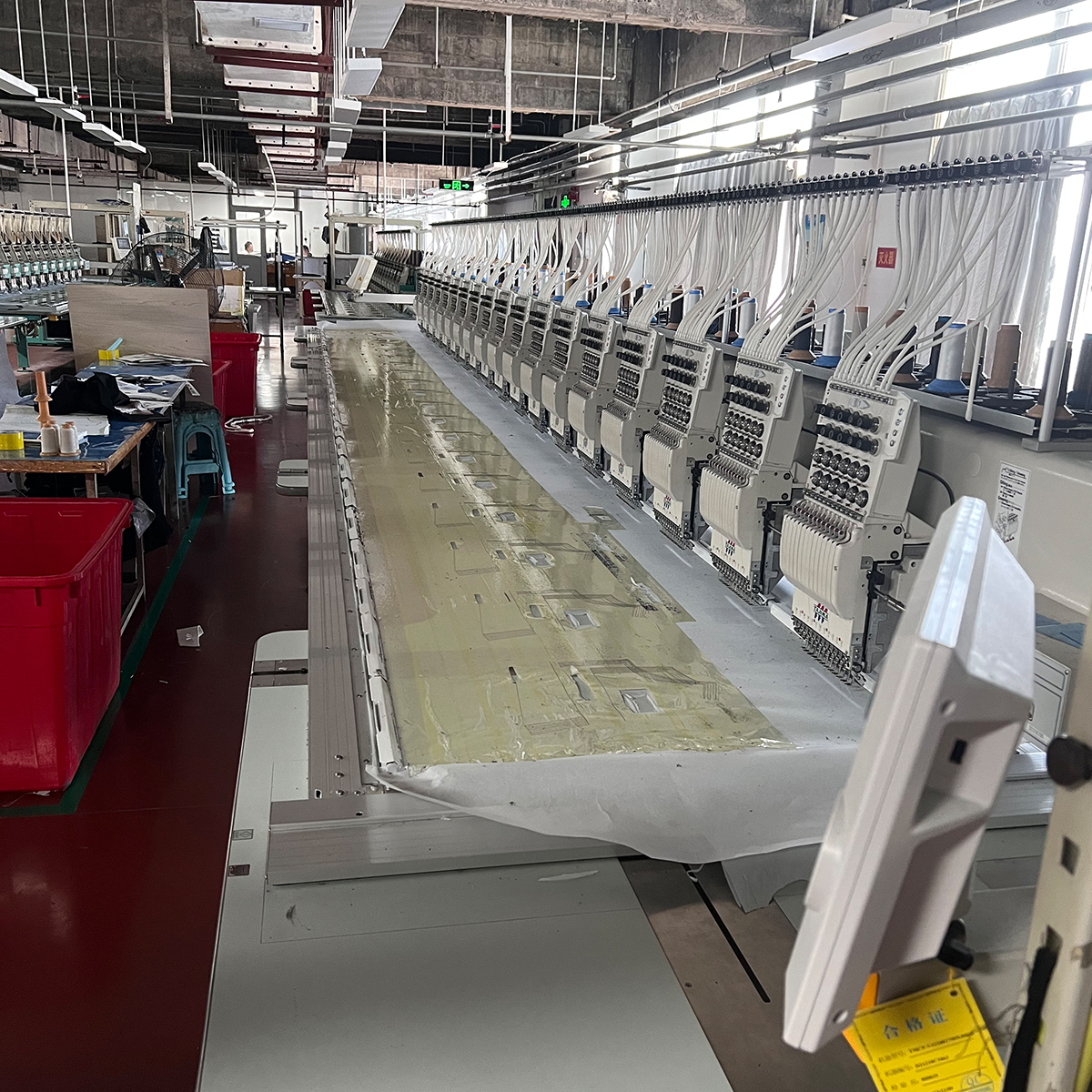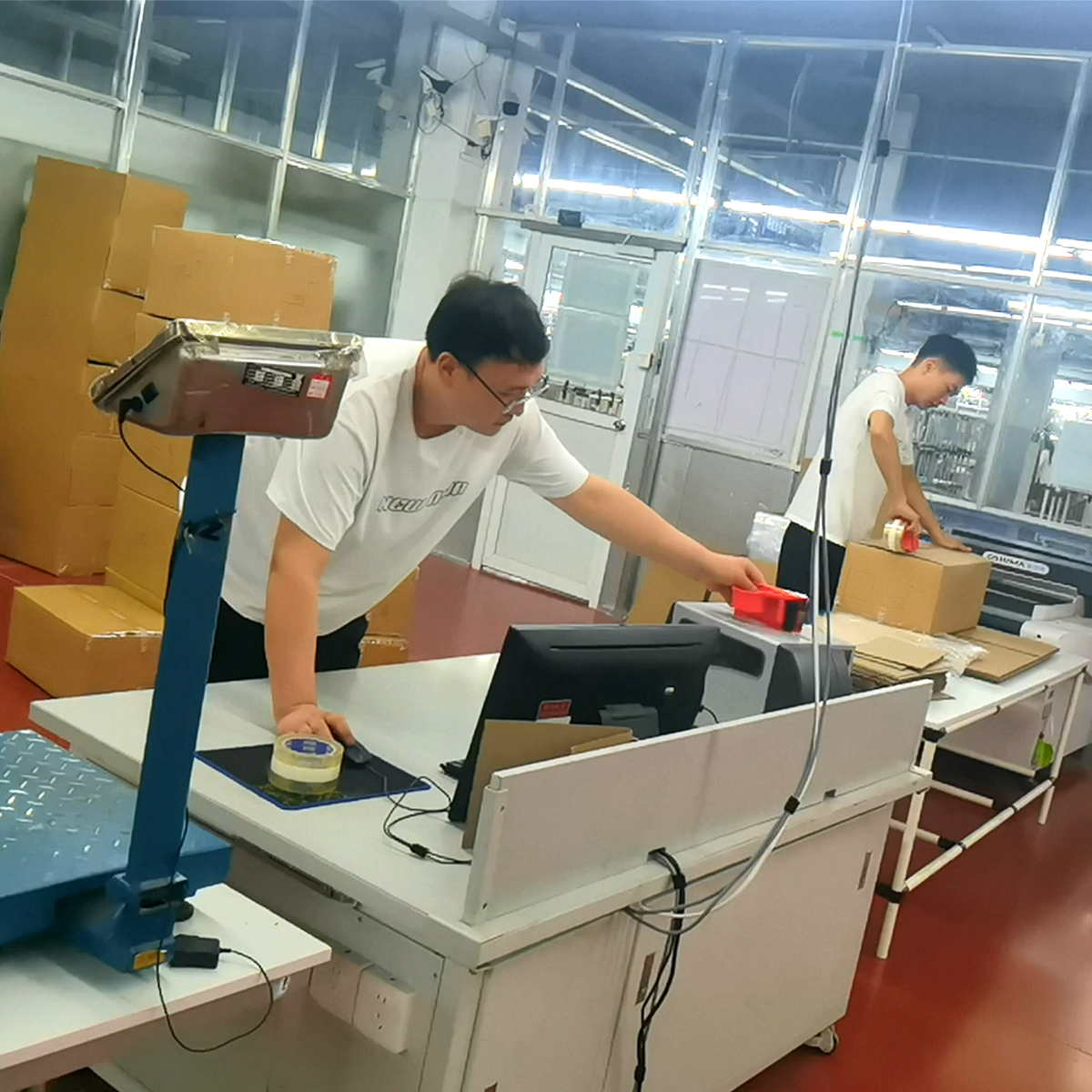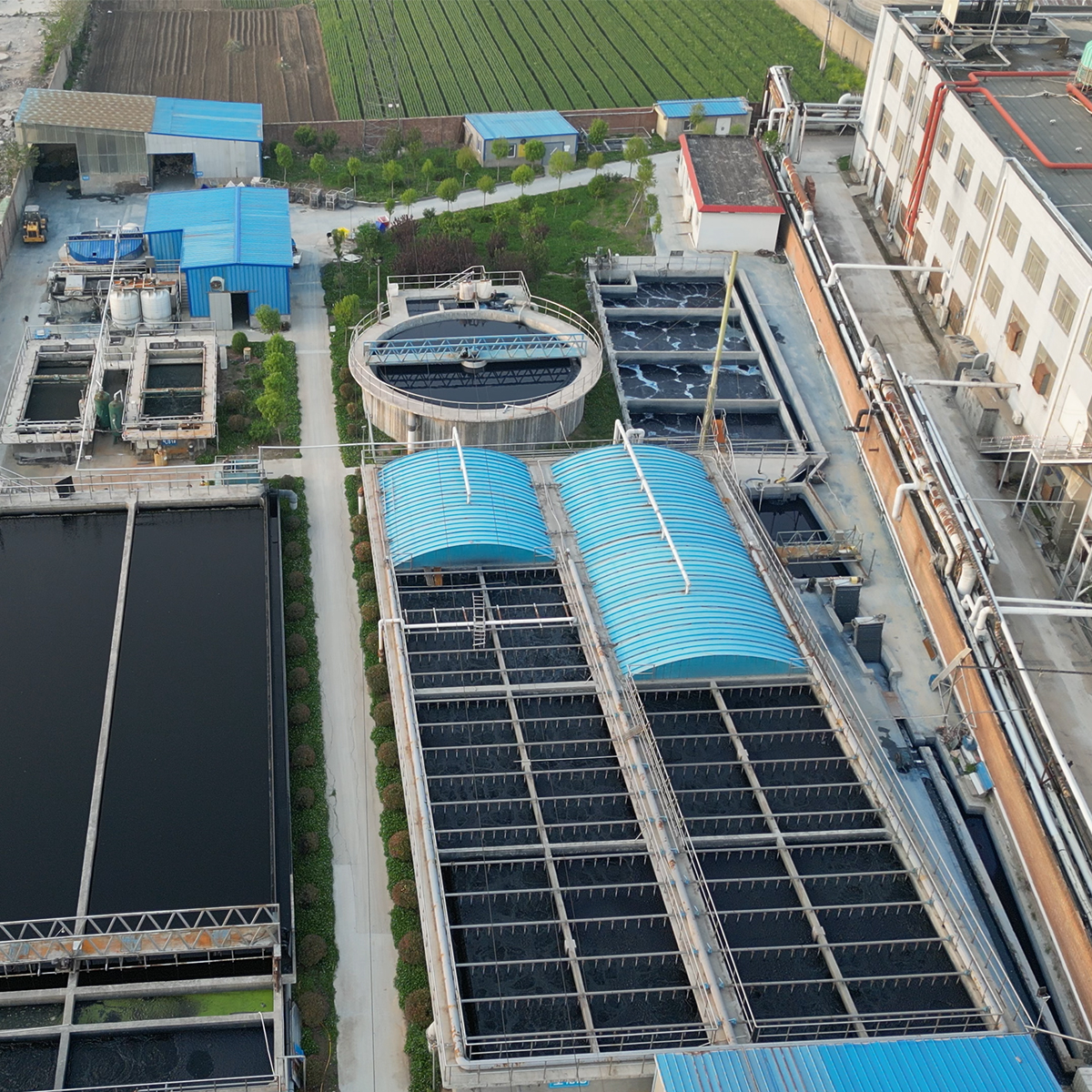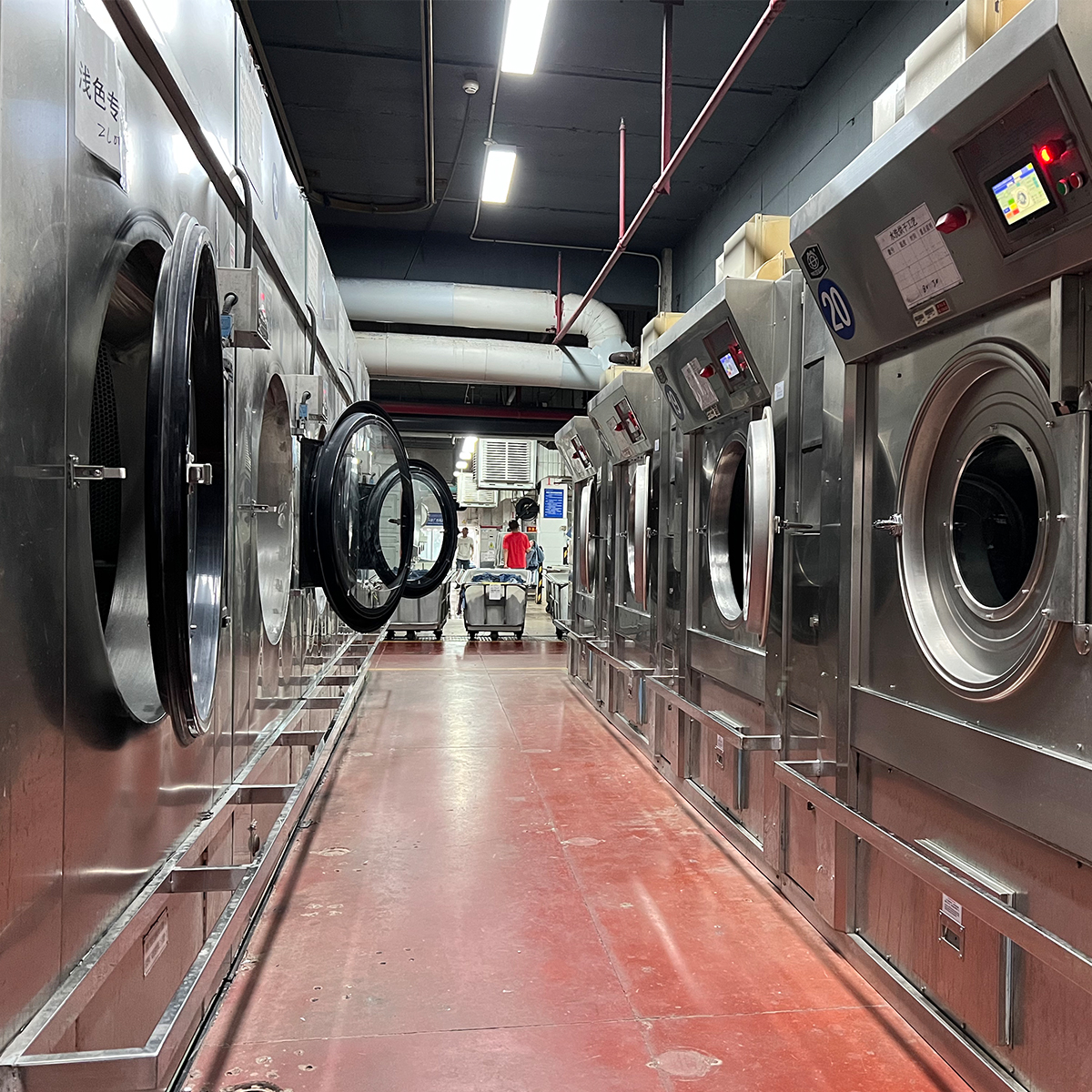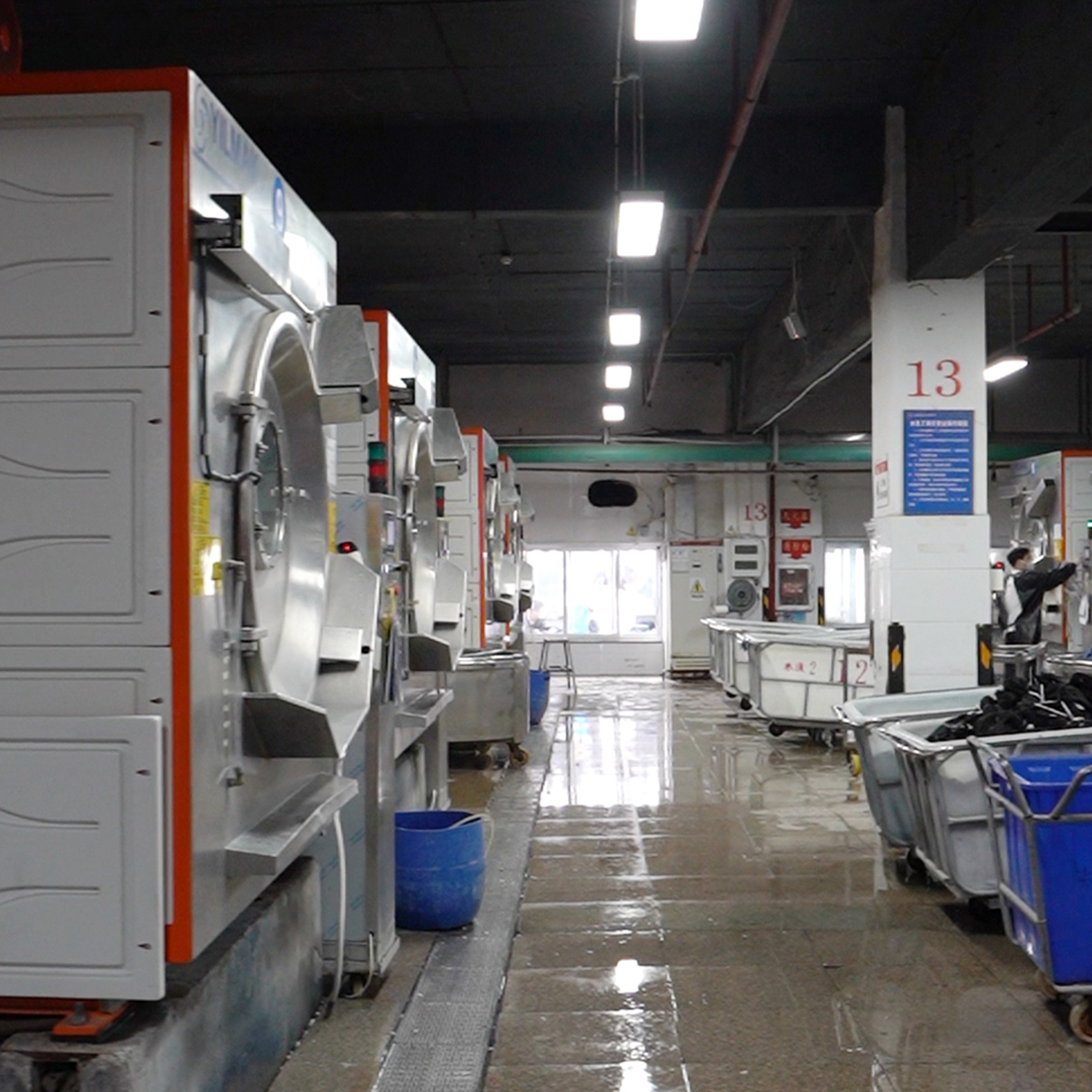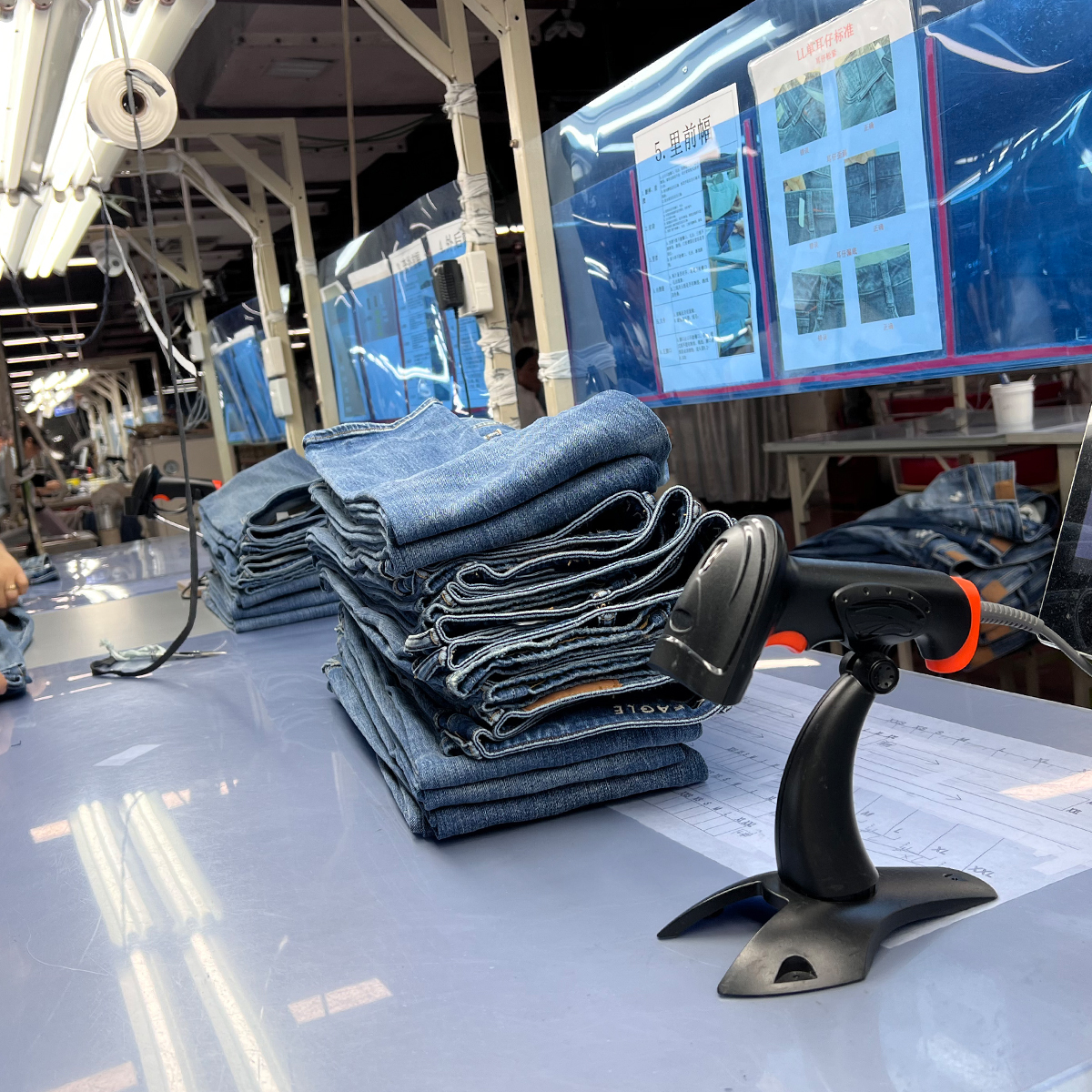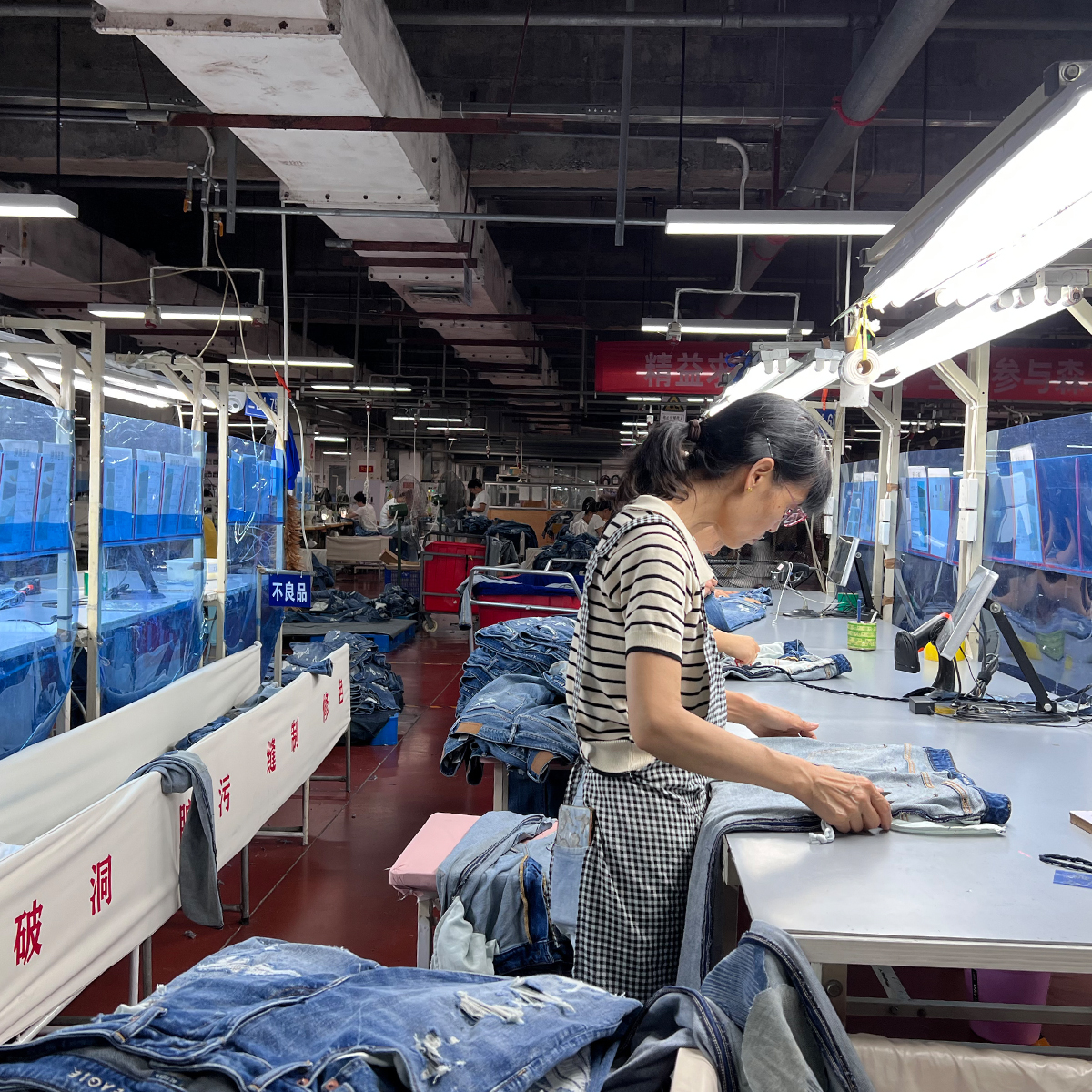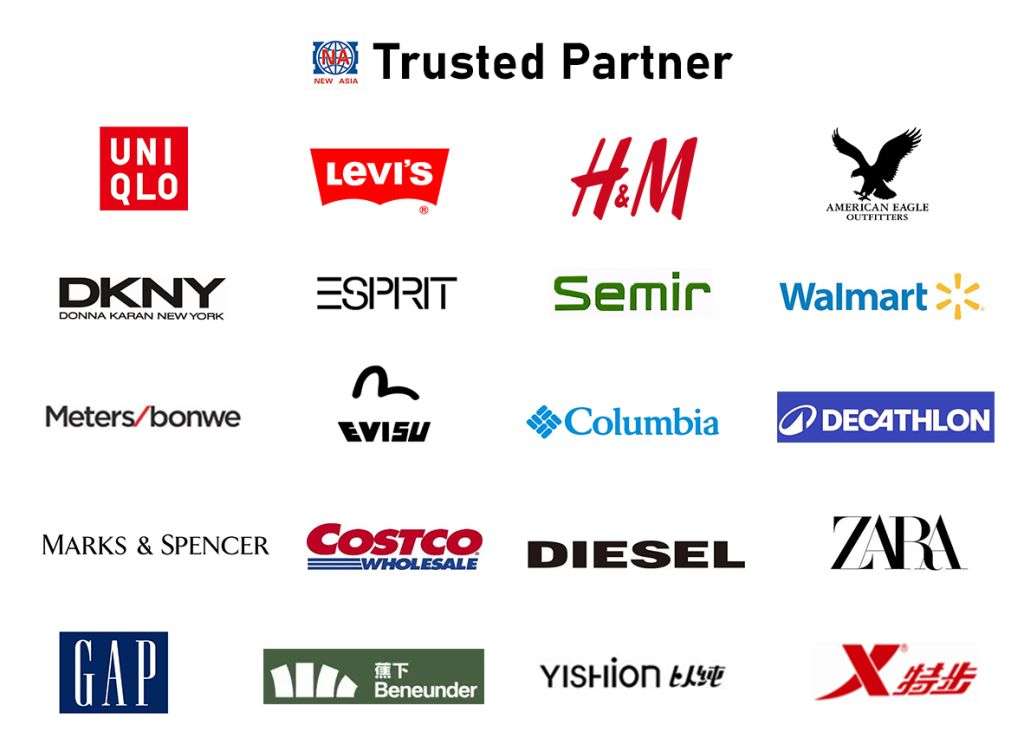In the world of fashion, few textile products have maintained their timeless appeal like jeans. From casual wear to high-end fashion statements, jeans have become a universal wardrobe staple. Behind every successful denim brand lies a network of dedicated manufacturers responsible for transforming raw materials into the iconic jeans we wear every day. These manufacturers play a pivotal role in ensuring quality, durability, and aesthetic appeal, making them unsung heroes in the fashion industry.
The Evolution of Jeans Manufacturing
The history of jeans dates back to the late 19th century when Levi Strauss and Jacob Davis innovated the first riveted denim pants. Since then, manufacturing processes have evolved significantly, integrating cutting-edge technology, sustainable practices, and innovative design techniques. Early production methods involved manual labor and limited machinery, which constrained scale and consistency. Today, advanced machinery, automation, and stringent quality control processes ensure that manufacturers can produce high-quality jeans at scale while maintaining standards.
Key Attributes of Leading Jeans Manufacturers
- Quality Materials: Reputable manufacturers source premium denim fabrics, often blending traditional cotton with elastane or other stretch fibers for comfort and flexibility.
- Innovative Techniques: Use of laser technology, computerized embroidery, and automated sewing lines enhance precision and efficiency.
- Sustainable Practices: Leading manufacturers prioritize eco-friendly dyes, water-saving techniques, and waste reduction to meet increasing environmental concerns.
- Design Flexibility: They offer a wide range of styles, cuts, washes, and finishes to cater to diverse consumer preferences.
- Global Supply Chain Integration: Efficient logistics and supply chain management enable timely delivery and scalable production.
Top Jeans Label Manufacturers Around the World
1. Cone Denim
Established in 1891, Cone Denim is one of the oldest and most respected denim fabric producers globally. Their commitment to quality and innovation has made them a preferred supplier for many high-end jeans brands. Cone Denim’s sustainable initiatives include water and energy conservation, and their denim fabrics are renowned for durability and unique character.
2. Candiani Denim
Based in Italy, Candiani Denim has a reputation for blending traditional craftsmanship with modern ecological practices. Their fabrics are produced with eco-friendly methods, including waterless dyeing techniques and sustainable fiber usage. Many leading jeans brands choose Candiani for their commitment to sustainability and premium quality.
3. Kaihara Denim
Originating from Japan, Kaihara Denim is known for its innovative weaving techniques and meticulous quality control. Their denim fabrics are often used in luxury and premium jeans brands, emphasizing softness, strength, and aesthetic versatility.
4. Kurabo Mills
This Japanese manufacturer has a long history dating back to 1888. Kurabo Mills specializes in high-quality denim and has pioneered many technological advances in denim weaving and finishing. Their emphasis on detail and craftsmanship makes their fabrics highly sought after in the industry.
5. ISKO
Headquartered in Turkey, ISKO is a global leader in innovative denim fabrics. They focus heavily on sustainability, introducing recycled fibers and eco-efficient dying techniques. Their fabrics are found in numerous trendy and high-performance jeans collections worldwide.
The Manufacturing Process: From Fiber to Finished Jeans
Understanding the journey from raw fiber to finished product highlights the complexity and precision involved in denim manufacturing. The process generally involves the following stages:
- Fiber Selection: High-quality cotton, recycled fibers, or blends are chosen based on desired fabric attributes.
- Yarn Spinning: Fibers are spun into yarns, which are then dyed using various methods, including reactive, vat, or digital dyeing.
- Weaving: Yarn is woven into denim fabric using high-speed looms. The weaving pattern determines the weight, texture, and appearance.
- Finishing: The fabric undergoes washing, distressing, and treatments to achieve the desired aesthetic. This stage can include stone washing, enzyme washing, or chemical finishes.
- Cutting and Sewing: The fabric is cut into pattern pieces, sewn, and assembled into jeans. This stage involves multiple specialized techniques, such as subtle stitching, rivet attachment, and button installation.
- Quality Control: Each batch is inspected for defects, durability, and consistency before packaging and shipping.
Innovation and Sustainability in Jeans Manufacturing
Modern manufacturers are not just focused on efficiency but also embrace environmental responsibility. Innovations such as waterless dyeing, ozone treatments, and the use of recycled fibers reduce the ecological footprint of denim production. Some manufacturers have achieved certifications like OEKO-TEX and Bluesign, ensuring products are safe and eco-friendly.
Additionally, digital printing and laser technology enable designers to create unique finishes and effects with minimal waste. These advancements allow brands to respond swiftly to market trends while maintaining sustainability commitments.
Challenges Faced by Jeans Manufacturers
- Sustainability Pressures: Consumers increasingly demand eco-friendly products, pushing manufacturers to adopt greener practices.
- Global Supply Chain Disruptions: Political instability, pandemics, and logistical issues can impact production timelines and costs.
- Technological Upgrades: Keeping up with rapid technological innovations requires significant investment and skill development.
- Maintaining Quality at Scale: Balancing mass production with quality control remains a constant challenge.
The Future of Jeans Manufacturing
As fashion evolves, so does the manufacturing landscape. The future likely holds greater integration of automation, AI-driven quality control, and sustainable innovations. Customization and small-batch production may become more prevalent, catering to individual preferences and reducing waste. Additionally, the push toward biodegradable denim and closed-loop recycling systems could redefine industry standards.
Emerging markets are also gaining prominence, with manufacturers in regions like Southeast Asia and Africa ramping up capabilities, offering competitive pricing without compromising quality. Partnerships between brands and manufacturers focusing on transparency and ethical practices are expected to become industry norms, fostering trust and loyalty among conscious consumers.



